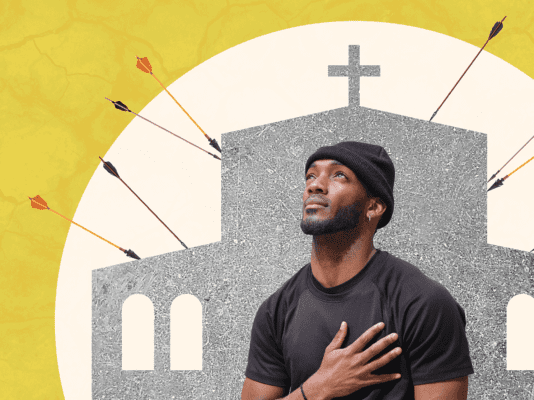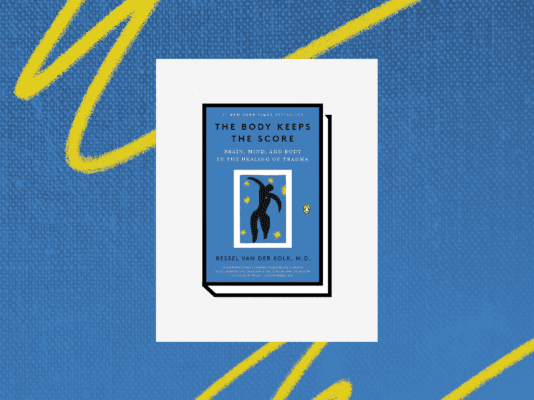“We hold these truths to be self-evident, that all men are created equal, that they are endowed by their Creator with certain unalienable Rights, that among these are Life, Liberty and the pursuit of Happiness.” – Declaration of Independence, 1776
Millions of men and women have fought to gain and preserve the unalienable rights found in our Declaration of Independence. To many, they still embody the spirit and principles upon which our country was founded and for which we should strive.
As we approach Independence Day 2015, the irony is that millions have and continue to sacrifice these freedoms in service to our nation in order to make sure they are secure. The real price of freedom for men and women in the Armed Services, their families and loved ones is their sacrifice of life, liberty and the pursuit of happiness, which may be for a time or a lifetime. Men and women in uniform have dedicated and risked their lives to serve our country and preserve the freedoms they may never fully enjoy.
The Oaths these soldiers take place them in voluntary submission to the authority of the President of the United States and the officers and non-commissioned officers appointed over them. Their lives are not their own. They have limited their liberty in order to preserve a greater “liberty for all,” which is a picture of what Jesus Christ has done for us in the gospel.
The marriage vows their spouses take bind their lives inexorably to this submission in mind, body, soul and strength. Their lives too, are subject to the will of the nation’s leadership, which affects where they live, how well they live and at what cost.
Service to one’s country is not without advantages or purpose. Nevertheless, the pursuit of happiness is greatly impacted by orders, separations and injuries—seen and unseen—and even death. Service men and women make these commitments freely, their spouses agree, and their children and families are then impacted with or without their consent.
So, how then can the Church pray for the ones we pause to celebrate and who often forfeit their lives by defending the freedoms we enjoy?
- Pray for safety and security: physical, mental, emotional and spiritual.
- Pray for the Lord’s hedge of protection around their marriages and families.
- Pray for wise leadership and honorable decision-making from civilian and military leaders at all levels. Pray they will not waste their most precious resources, our sons and daughters.
- Pray for the salvation of those who have yet to know Jesus as Savior and Lord for all eternity.
- Pray for Christians to be salt and light in their families, units and the far reaches of the globe where they are often called. Pray their courage will not falter in word or deed when confronted with evil in its many forms.
- Pray for healing from the wounds of war. Many are easily visible, especially as you visit a military medical facility, such as the Navy Medical Center, The Center for the Intrepid, and Walter Reed Military Medical Center. Many wounds, such as Traumatic Brain Injury or Post Traumatic Stress Syndrome, are not visible but can be just as lethal. Pray for these men and women to be filled with hope, for without hope we all lose the will to live.
In addition praying, how can the Church serve our service members? In order to serve them, we must identify them. Almost every county or parish in the United States and its territories have someone who served in the military. While less than two percent of the population is serving currently, more than 43 million veterans are alive in this country.
Do you know the veterans in your church? In your community? Do you know their needs? Is there a way the church can meet those needs?
I believe there are four things that the church could offer that would be beneficial to service members, veterans and their families.
- Acknowledge them. I believe they want and deserve to be respected. We ought to recognize their service and acknowledge their sacrifices and not just on national holidays.
- Use their gifts. Most of these Christians have valuable leadership skills the church needs, whether short term (active duty folks may only be with you briefly) or long term (veterans settled in your church or in your town). These brothers and sisters, who have been tested on the battlefield and in a life of service, have much to offer. Look at them with an eye to the gifts and talents they bring to your church for “such a time as this.” Paul didn’t stay anywhere for more than a few years, yet look at what he accomplished. If the service member, veteran or family member is not ready to lead, then disciple them intentionally. And if they do not yet know Christ, share the gospel and live it out.
- Become aware of their needs (all types) and find ways of meeting them. Some possible needs the church could meet would be help acquiring employment, counseling and support (financial, logistical, emotional or spiritual).
- Love them. Get to know them, and without judgment, get to know their stories. Be a friend. Open your homes. Love them “as Christ loved the church and gave himself up for her.” I am not talking about the mushy Hollywood version of love or the self-serving kind either. I mean the kind of love that endures, meets these heroes where they are, and unselfishly gives to meet their needs whatever they may be.









